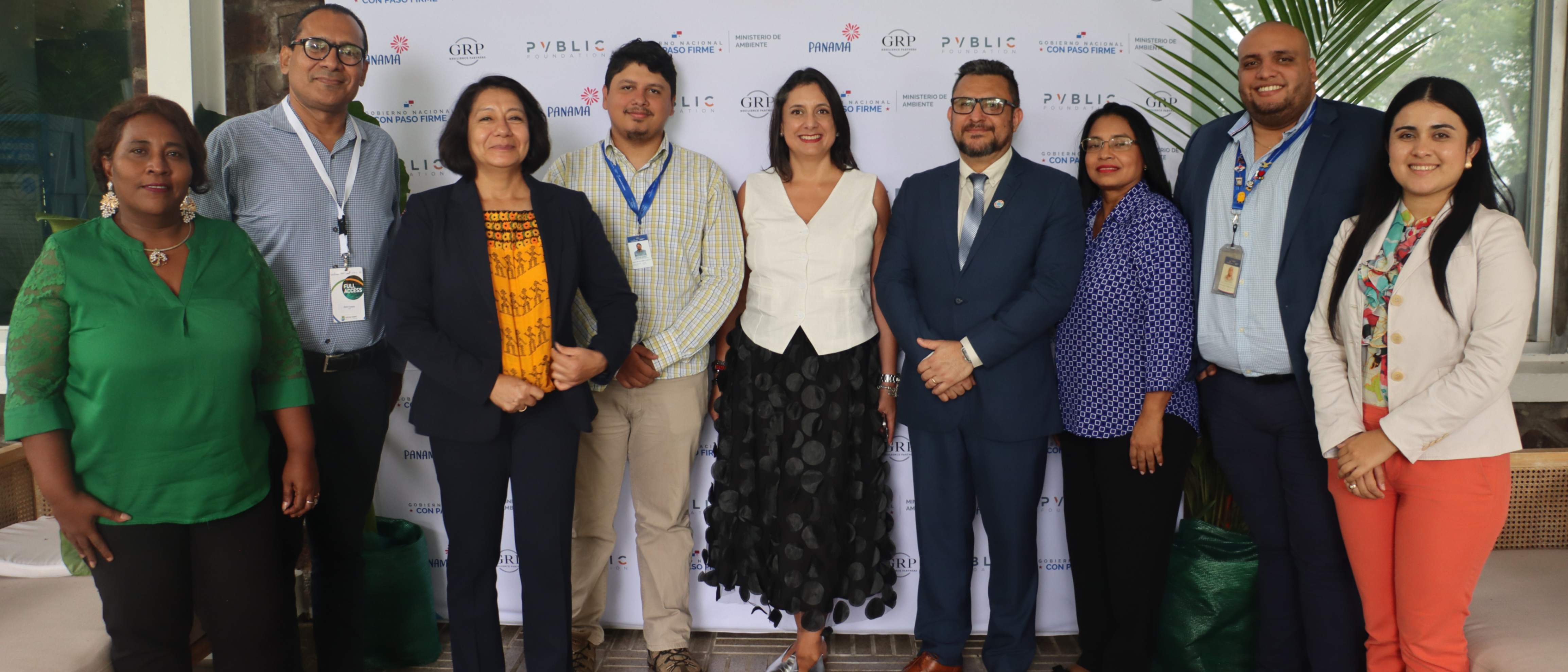Climate Week in Panama: FAO joins dialogues to advance climate commitments on the road to COP30
The Organization participated in the regional climate event, highlighting the vital role of agrifood systems as solutions for climate action

©FAO/Ingrid Saravia
The Food and Agriculture Organization of the United Nations (FAO) took part in the Latin America and the Caribbean Climate Week technical dialogue, held in Panama from 19 to 23 May.
During the event, FAO actively contributed to the Implementation Forum, including the technical clinics on Nationally Determined Contributions (NDCs) and the session on National Adaptation Plans. The Organization shared concrete tools to strengthen climate action in the agricultural sector, with a special focus on the work of the Platform for Climate Action in Agriculture (PLACA).
María Mercedes Proaño, FAO’s Climate Finance Officer, highlighted PLACA’s achievements in Latin America and the Caribbean: “This platform has trained more than 2,000 officials from agriculture ministries and raised awareness among over 45,000 professionals through its training programs, positioning itself as a key mechanism for regional coordination on the road to COP30.”
The expert emphasized the critical importance of mobilizing financial resources to implement transformative measures: “We need innovative investments, strategic partnerships, and public policies that effectively integrate adaptation and mitigation into our agrifood systems in order to reach more ambitious climate goals.”
The outcomes of these technical dialogues are particularly relevant ahead of upcoming climate negotiations, including the 62nd sessions of the Subsidiary Bodies in Bonn and COP30 to be held in Belém, Brazil, in 2025—where agriculture is expected to take center stage in the discussions.
FAO’s participation in this regional event reinforces its commitment to climate action in the agrifood sector, demonstrating how this approach can deliver multiple benefits, from ensuring food security to promoting climate adaptation and reducing greenhouse gas emissions.
